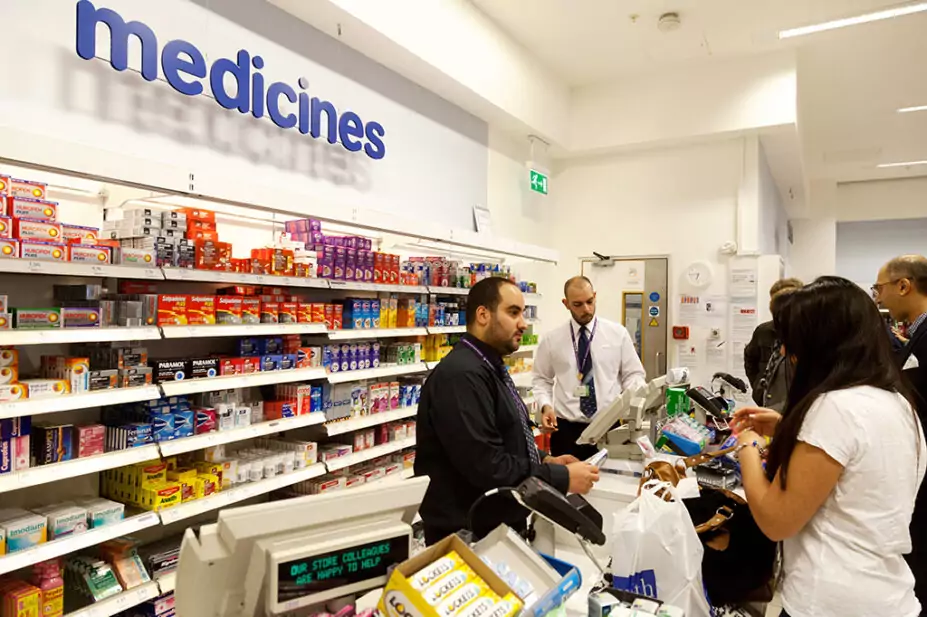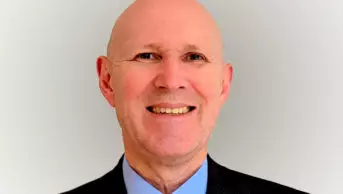
Kumar Sriskandan / Alamy Stock Photo
Pharmacy leaders have warned of “exacerbated” pressures on pharmacists during the current junior doctors’ strike action.
The strike over junior doctors’ pay began at 07:00 on 3 January 2024 and is planned to continue until 07:00 on 9 January 2024, marking it the longest strike in the history of the NHS.
Nathan Burley, president of the Guild of Healthcare Pharmacists (GHP), told The Pharmaceutical Journal that he had heard of pharmacists receiving “unreasonable requests from management” during the industrial action.
“We encourage pharmacists to engage in tasks only within their scope of practice. Periods of significant disruption to clinical services are not the time to experiment with new roles or ways of working without introducing risks to patient safety,” Burley said.
During a previous junior doctors’ strike on 11–15 April 2023, the GHP said that some hospital pharmacists were facing pressure to work extended hours and take on additional roles outside of their scope of practice.
Commenting on the latest strike, Janet Morrison, chief executive of Community Pharmacy England, told The Pharmaceutical Journal that pharmacies “always do what they can to help support patients and the NHS through moments of crisis”.
However, she said that community pharmacy teams were “managing their own challenges”.
“Winter puts huge pressures on pharmacy and this year staff are also working very hard to prepare to provide the new Pharmacy First service.
“Whilst it is inevitable that patients will turn to pharmacies during times of need, government and policymakers would do well to remember that pharmacy teams are in the same position as their health service colleagues — exhausted, overworked, and struggling to make ends meet,” Morrison said.
Ahead of the doctors’ strike, the General Pharmaceutical Council (GPhC) published a joint letter from Duncan Rudkin, chief executive of the GPhC, and David Webb, chief pharmaceutical officer for England, on 3 January 2024, warning that existing pressures were “likely to be exacerbated by staff shortages due to sickness or caring responsibilities, as well as the ongoing industrial action”.
It continued: “We recognise that the impact on pharmacy teams both personally and professionally will be significant and potentially prolonged, and that you may have to make some difficult decisions as you deal with the pressures you may face.”
The letter advises pharmacy staff to use “professional judgement to assess and mitigate risk, and to deliver safe and effective care for your patients within your scope of practice”.
It added that “in the unlikely event that you are referred to the regulator, they will consider the context you were working in at the time, including factors relating to the environment in which you were working and all relevant resources, guidelines or protocols”.
In a statement on the industrial action, published on 4 January 2024, Stephen Powis, national medical director for the NHS, said: “As the longest strike in the history of the NHS begins during one of the busiest and most challenging weeks of the year — the health service is experiencing the winter pressures of flu and COVID combined with the huge disruption of industrial action.”


